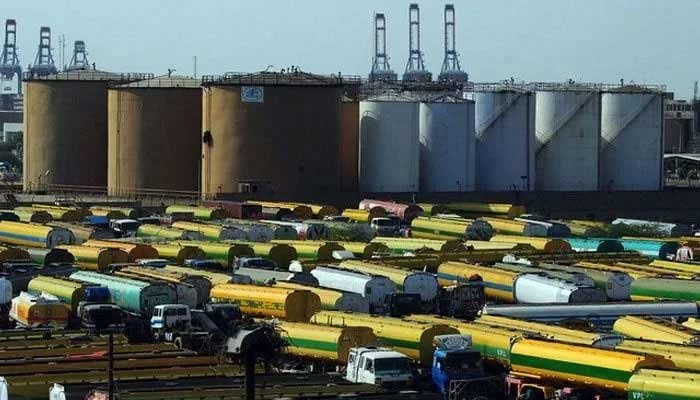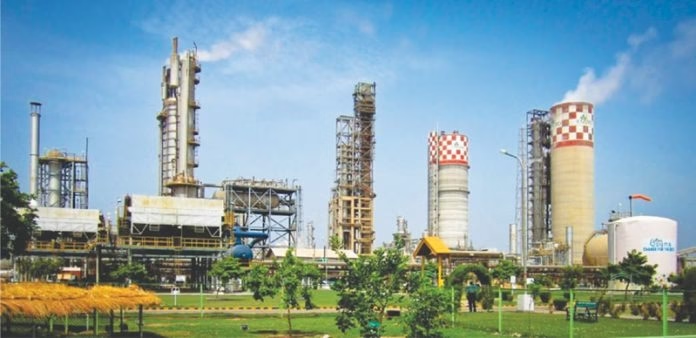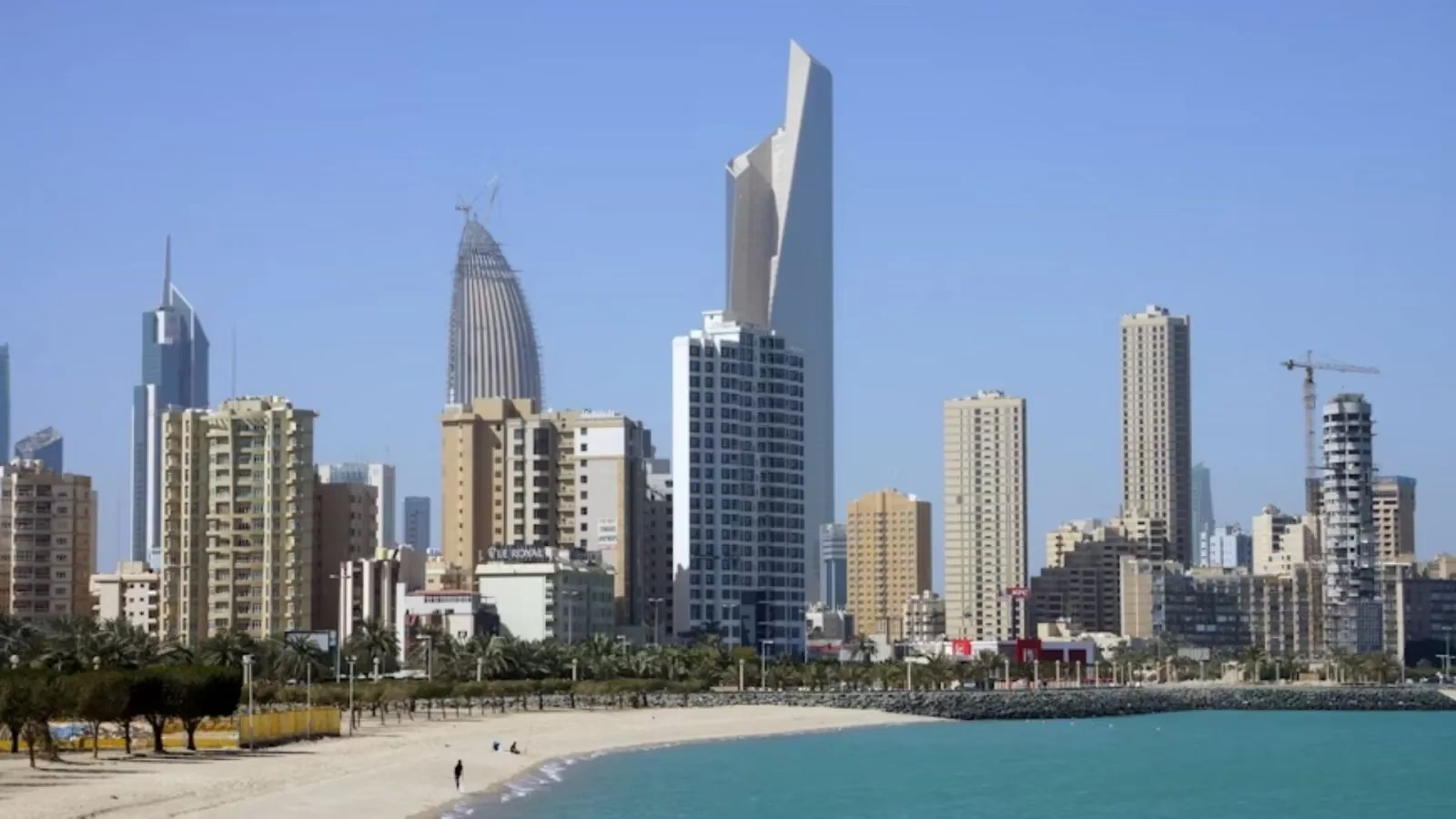Fuel station dry-outs in Pakistan are once again in the spotlight following serious concerns raised by the Oil Companies Advisory Council (OCAC). While the Oil and Gas Regulatory Authority (Ogra) insists that the fuel supply remains stable nationwide, the oil industry is warning of a looming crisis due to unresolved regulatory disputes and logistical hurdles at key entry points.
At the heart of the issue is a renewed enforcement of the Sindh Infrastructure Development Cess (IDC), which has resulted in multiple petroleum cargoes being delayed at Karachi ports. According to the OCAC, at least five major shipments carrying petrol and diesel for leading companies such as PSO, Parco, PGL, and HPL are still awaiting customs clearance. If not addressed immediately, the industry warns that the country could experience significant disruptions in transport, agriculture, and logistics.
A Conflict of Jurisdiction and Urgency
The tension stems from the Sindh government’s decision to reinstate a 100% bank guarantee requirement under the IDC. Previously, an interim arrangement allowed undertakings instead of bank guarantees to facilitate the clearance of petroleum products. The abrupt withdrawal of this arrangement has caught the industry off-guard, creating a financial and operational bottleneck.
The oil sector argues that this move not only violates prior agreements but also contradicts the national regulatory framework, where petroleum pricing and import duties are considered a federal subject. Punjab and Khyber Pakhtunkhwa have already exempted petroleum products from the IDC, aligning with this view. The industry is now urging the federal government and Pakistan Customs to intervene immediately and resolve the matter at a policy level.
Why This Matters Now
Timing could not be worse. The agricultural season is in full swing, and diesel is critical for irrigation, harvesting, and the transport of produce. Any delay in clearing fuel cargoes could lead to fuel station dry-outs in Pakistan, particularly in rural areas where farmers rely heavily on consistent diesel supplies for daily operations.
OCAC has warned that petrol stocks at Keamari, one of the country’s major oil terminals, are rapidly depleting. If petroleum vessels are not cleared immediately, the disruption could take weeks to recover, affecting everything from urban mobility to food security.
Government’s Response: A Mixed Signal
In contrast to these warnings, Ogra has issued a statement denying any current fuel shortage. The regulator confirmed that petroleum product supply remains normal and noted that two vessels carrying petrol and diesel have been cleared, helping to stabilize distribution.
Ogra also acknowledged a brief delay in petroleum consignment clearance but stated that the issue had been resolved. While this reassures the public in the short term, it does little to address the systemic concerns raised by the industry — particularly the financial strain of IDC and the risk of recurring disruptions.
The Broader Economic Implications
The potential for fuel station dry-outs in Pakistan goes far beyond local inconvenience. A fuel shortage would paralyze the transport and logistics network, increase operational costs across industries, and escalate inflation — particularly in food prices.
The OCAC notes that IDC adds over Rs3 per litre to fuel costs, a margin that cannot be passed on to consumers due to regulated pricing. This creates an unsustainable burden for oil companies already operating on tight credit lines and minimal profit margins. If the supply chain breaks down, recovery could cost the country both time and revenue.
What Needs to Happen Next
To avoid an escalating crisis, immediate steps must be taken at both the federal and provincial levels:
- Customs Clearance Without Bank Guarantees: Petroleum cargoes need urgent clearance to prevent stock depletion.
- Federal Clarification on Petroleum Jurisdiction: A policy declaration that affirms federal authority over petroleum imports and pricing can help prevent future conflicts.
- IDC Integration into Fuel Pricing: If IDC is to remain in place, it must be transparently included in the national fuel pricing mechanism.
- Exemption Across All Provinces: Like Punjab and KP, Sindh and Balochistan should consider exempting POL products from IDC to maintain uniformity and avoid regional supply shocks.
The warnings around fuel station dry-outs in Pakistan highlight more than just a logistical hiccup — they point to deeper structural issues in the way energy policy is managed between federal and provincial authorities. The cost of inaction is steep: paralyzed transport, disrupted farming cycles, and inflated costs that ultimately fall on consumers.
While regulatory bodies insist that the situation is under control, the industry’s on-ground experience suggests otherwise. For a country already grappling with economic instability and inflation, this is not a crisis it can afford to let unfold.



